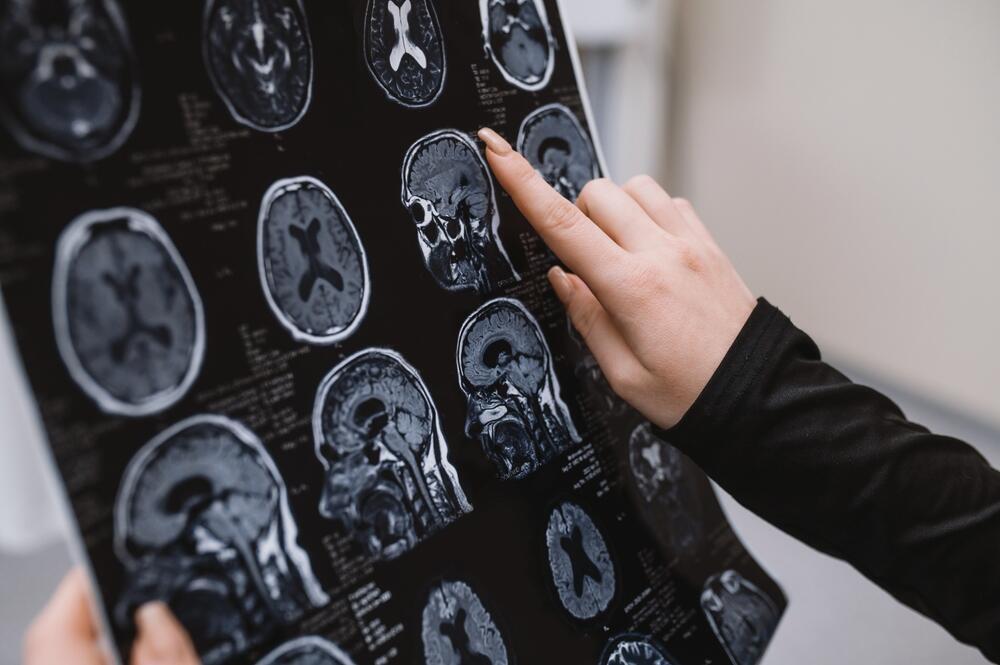Getting your Trinity Audio player ready...
Following the October 7 massacre, Israel has experienced a 20% increase in brain hemorrhage cases, according to a study conducted across five major medical centers, led by Rambam Health Care Campus in Haifa. The rise is attributed to the psychological stress induced by the traumatic events of the war.
Led by Dr. Estelle Seyman, director of Neurology at Rambam, along with Prof. Ronen Leker of Hadassah Medical Center in Jerusalem and Dr. Naim Samaan from Ziv Medical Center in Safed, the study suggests that this surge is unrelated to typical medical factors like medication non-compliance or disrupted medical follow-up due to home evacuations. Instead, researchers believe it stems from significant behavioral changes during the war's early months.
"A wave of patients arrived at hospitals with brain hemorrhages after being exposed to disturbing war-related videos. Many reported that their families urged them to stop viewing such content due to its psychological toll," Dr. Seyman explained.
 Dr. Estelle SeymanPhoto: Rambam Health Care Campus
Dr. Estelle SeymanPhoto: Rambam Health Care CampusThe study found that this increase affects the general Israeli population, not just those directly affected by the war. Prof. Leker added, "While stress from war is often associated with psychiatric conditions like anxiety or PTSD, our findings indicate that it can also have severe physical impacts, including brain hemorrhages in at-risk individuals."
 Prof. Ronen LekerPhoto: Hadassah Mt. Scopus
Prof. Ronen LekerPhoto: Hadassah Mt. ScopusThe study analyzed 348 patients, comparing cases of brain hemorrhage during the first three months of the war to the same period in the previous year. It will be presented at the Stroke Society conference and published later.
The most significant spike was seen in the first month, with 56 cases compared to the expected 40—a 17% increase. The study also found higher rates of complications, intensive care admissions and epilepsy resulting from brain injuries in the war-affected group.
Get the Ynetnews app on your smartphone:




